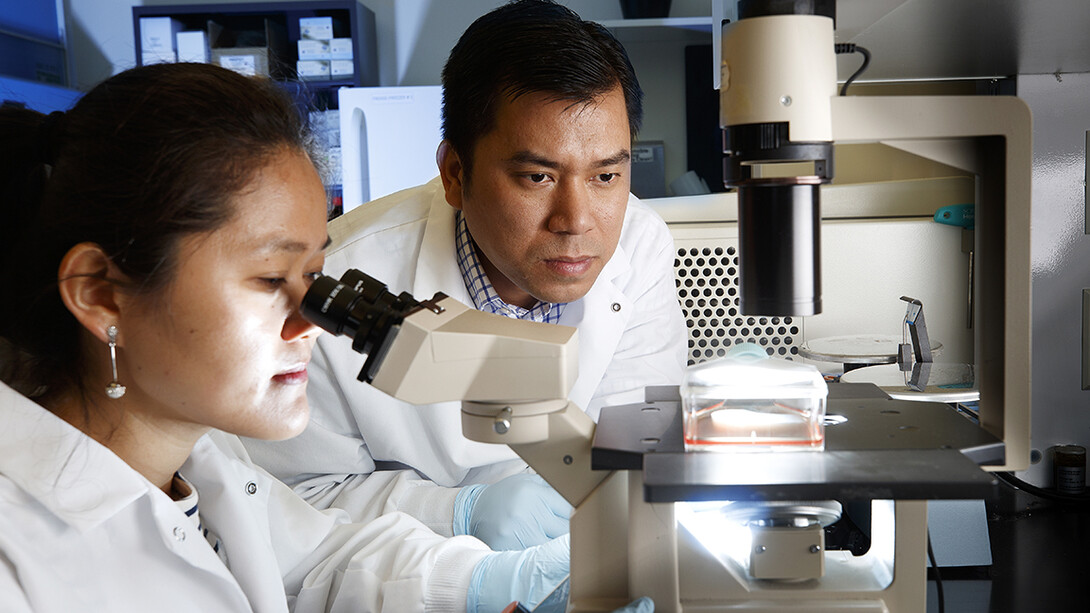
The University of Nebraska system ranked among the top 100 academic institutions worldwide in earning U.S. patents during 2018, the second straight year it has received the distinction for legally protecting research discoveries and technological innovations.
A newly released report from the National Academy of Inventors and the Intellectual Property Owners Association lists the NU system as tied at No. 79 for earning U.S. patents. Those patents are awarded through the system’s technology transfer offices: NUtech Ventures at the University of Nebraska–Lincoln and UNeMed Corp. at the University of Nebraska Medical Center and University of Nebraska at Omaha.
NUtech Ventures works with University of Nebraska–Lincoln faculty to identify opportunities for protecting, marketing and licensing intellectual property. Husker researchers were named on 22 of the 31 NU-led patents earned in 2018.
Patents are an early but significant milestone in the process of eventually licensing intellectual property to companies that can include faculty startups, said Brad Roth, executive director of NUtech Ventures.
“The ability to protect new innovations from our university’s research is an important first step for commercialization and eventual impact on society,” Roth said.
Recent patented advances from Husker researchers include a vaccine, developed at the Nebraska Center for Virology, that could help combat multiple strains of a swine virus responsible for abortions in pregnant sows and pneumonia in young pigs. That virus currently costs the U.S. swine industry more than $640 million per year.
Husker researchers also earned patent protection for drone-based technology that can autonomously estimate crop heights; a roadside safety barrier that better resists impact, lengthening the lifespan of concrete beams after crashes; and the genetic modification of soybean to produce better vegetable oil for cooking and baking, among many other advances.
“This recognition, which puts Nebraska among the world’s leading institutions for generating intellectual property, is a strong reflection of our research priorities,” said Bob Wilhelm, vice chancellor for research and economic development. “We’re committed to developing a strong pipeline from research to economic development.”







